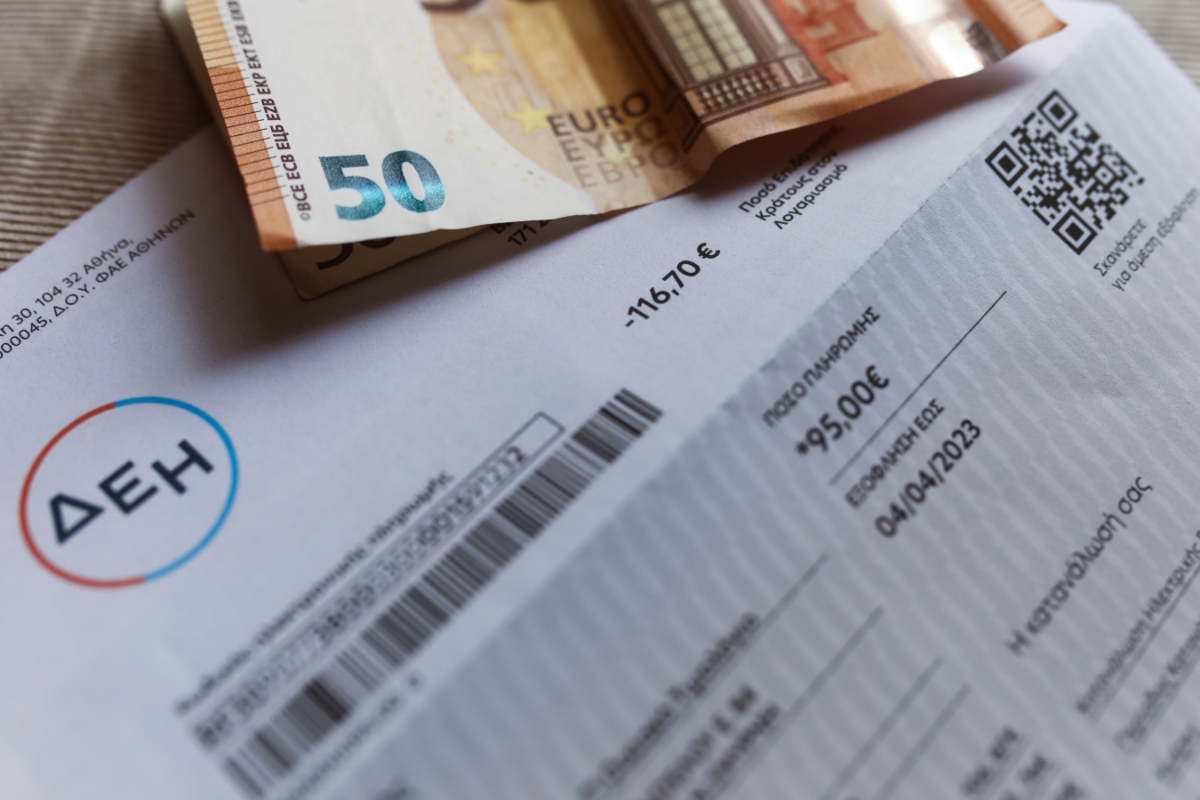Starting this September, Greece’s electricity market is undergoing a major transformation: consumers will begin receiving not one, but two bills from their energy providers — one for electricity usage and another for home energy upgrades.
Under a new regulatory framework designed to accelerate the energy renovation of buildings, energy providers will:
- Act as direct financiers or intermediaries (in partnership with banks or ESCOs)
- Offer and fund home improvement projects such as:
- Heat pumps
- Photovoltaics on rooftops
- Window and door replacements
- Insulation and cooling/heating upgrades
The repayment for these interventions will be made through monthly installments, integrated into the utility bill via standing orders.
How It Works – Step-by-Step
- The provider invites eligible consumers to participate
- Customers submit a request and undergo eligibility screening (mainly based on payment history)
- A personalized proposal is prepared with technical and financial details
- Upon acceptance, a financing contract is signed
- The energy upgrade project begins
- Monthly repayments follow, clearly defined with terms regarding:
- Interest rate (if applicable)
- Contract duration
- Early repayment terms or default penalties
€2 Billion Targeted Turnover – 300,000 Homes to Benefit
The scheme is supported by Greece’s share of the EU Social Climate Fund, with:
- €2 billion earmarked from a total €4.78 billion package
- An estimated 300,000 households expected to benefit
New Electricity Pricing Plans & Red ‘Flexible Tariffs’
In response to evolving consumer behavior and market deregulation, “red” flexible pricing plans are also set to debut in September. Proposed by the regulator RAAEY, these plans:
- Offer predictable, transparent pricing
- Are not tied to volatile wholesale rates
- Introduce a subscription-like model:
- Consumers pay a fixed monthly fee for a predefined electricity volume
- Additional charges apply if the limit is exceeded
These tariffs mimic mobile phone billing, where extra consumption leads to settlement charges.
They also allow for:
- Early exit clauses (clearly outlined)
- Loyalty discounts for timely payments
Consumer Shifts: Surge in ‘Blue’ Fixed-Rate Tariffs
According to recent RAAEY data:
- Over 1.3 million customers had switched to blue fixed-rate tariffs by May, up from 867,000 in January
- Green regulated tariffs dropped by 241,000 during the same period
- 7 out of 10 new customers now opt for fixed-rate blue plans
- In October, PPC (Public Power Corp.) will lower the low-consumption tier for green tariffs from 500kWh to 200kWh, accelerating the migration to blue options
The Rise of Major Players – Consolidation Ahead
The market is consolidating rapidly, with large vertically integrated players gaining ground. The anticipated endgame? Four major players dominating by 2026:
🔹 PPC (DEI)
- Current market share: 51%
- 2026 target: 45%
- Now entering the home appliance market via acquisition of Kotsovolos
🔹 Metlen
- Current share: 22%, aiming for 30% by 2026
- Expanded through acquisitions: Watt & Volt, Unison, EfA Energy, Volterra
🔹 Heron + NRG
- New merged entity holds 17%
🔹 Hellenic Energy (Elpedison)
- Holds 5.78%, aims to double by 2026
DEPA Commercial is also positioning to become a fourth pillar, leveraging strategic partnerships and gas supply infrastructure.
Small Providers at Risk
With larger providers bundling electricity, services, and financing under one roof, smaller suppliers may struggle to survive in this more competitive, capital-intensive environment.
The market is moving toward full-service energy ecosystems, combining:
- Supply
- Efficiency
- Financing
- Digital tools
- Smart appliances
Key Takeaway
Electricity bills in Greece are evolving into tools for green transition. Providers no longer sell just power — they’re becoming home upgrade partners, aiming to lock in customers, grow revenue, and modernize the country’s building
Source: pagenews.gr
